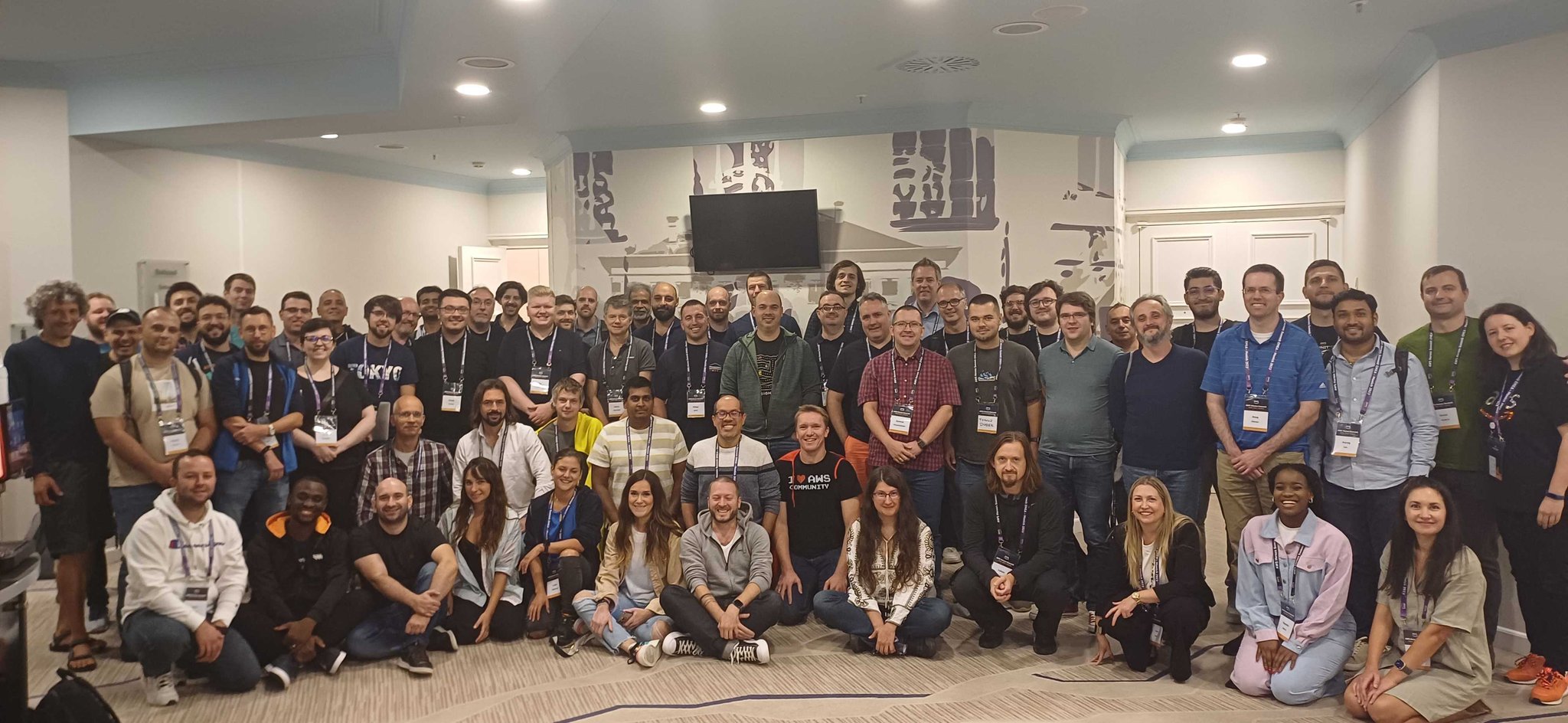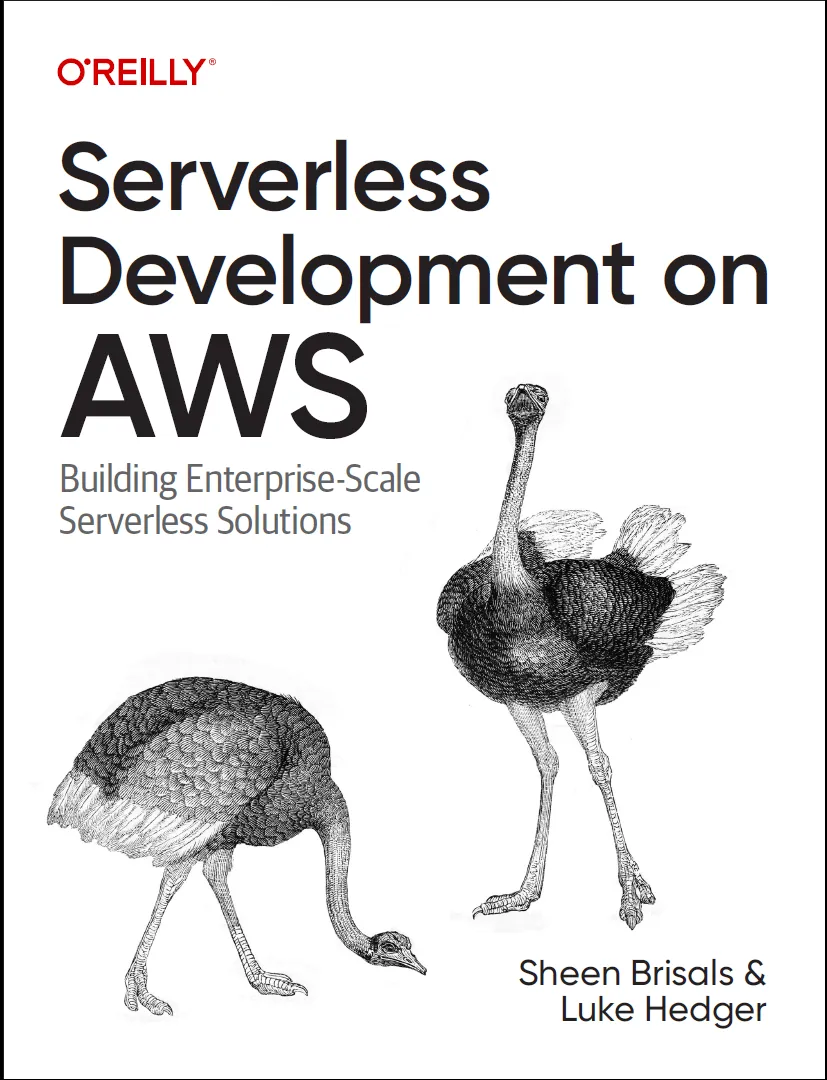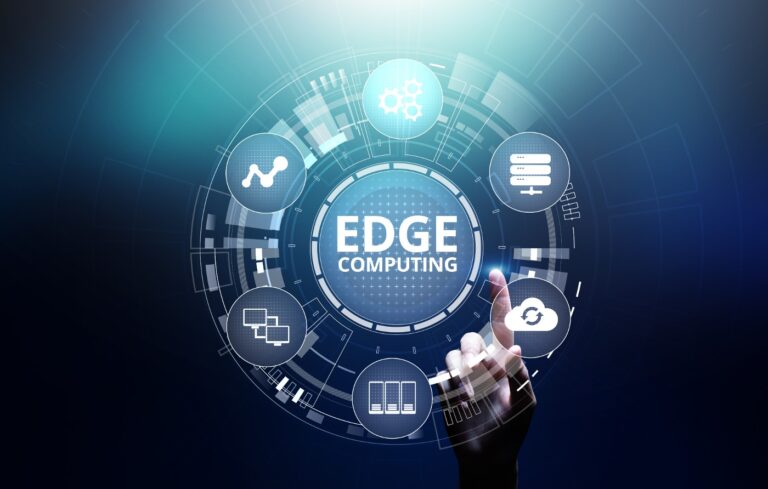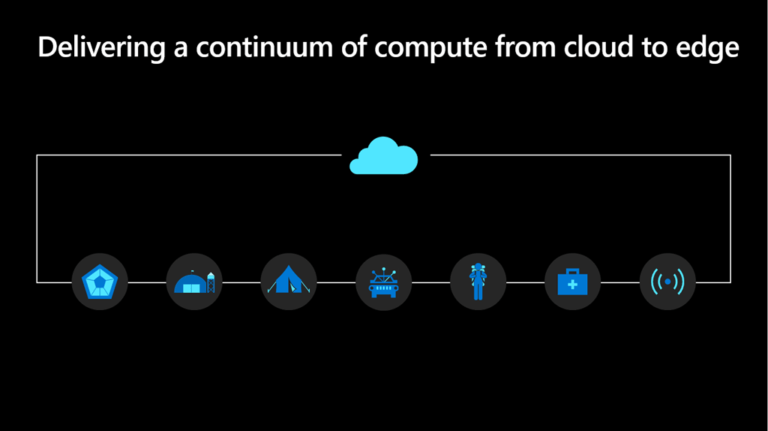 |
While daylight is getting shorter in the Northern hemisphere, we’ve got two new EC2 instance types optimized for compute and memory and many new capabilities for other services. Last week there was also the EMEA AWS Heroes Summit in Munich, an amazing day full of insights and passion. Here’s a nice picture of the participants!

Last Week’s Launches
Here are some of the launches that caught my attention last week:
C7i Instances – Powered by custom 4th Generation Intel Xeon Scalable processors (code-named Sapphire Rapids) and available only on AWS, these compute-optimized instances offer up to 15 percent better performance over comparable x86-based Intel processors used by other cloud providers. A great choice for all compute-intensive workloads, such as batch processing, distributed analytics, high performance computing (HPC), ad serving, highly scalable multiplayer gaming, and video encoding, C7i instances deliver up to 15 percent better price performance versus C6i instances.
| vCPUs |
Memory (GiB) |
Network Bandwidth |
EBS Bandwidth |
|
| c7i.large | 2 | 4 | Up to 12.5 Gbps | Up to 10 Gbps |
| c7i.xlarge | 4 | 8 | Up to 12.5 Gbps | Up to 10 Gbps |
| c7i.2xlarge | 8 | 16 | Up to 12.5 Gbps | Up to 10 Gbps |
| c7i.4xlarge | 16 | 32 | Up to 12.5 Gbps | Up to 10 Gbps |
| c7i.8xlarge | 32 | 64 | 12.5 Gbps | 10 Gbps |
| c7i.12xlarge | 48 | 96 | 18.75 Gbps | 15 Gbps |
| c7i.16xlarge | 64 | 128 | 25 Gbps | 20 Gbps |
| c7i.24xlarge | 96 | 192 | 37.5 Gbps | 30 Gbps |
| c7i.48xlarge | 192 | 384 | 50 Gbps | 40 Gbps |
| c7i.metal-24xl* | 96 | 192 | 37.5 Gbps | 30 Gbps |
| c7i.metal-48xl* | 192 | 384 | 50 Gbps | 40 Gbps |
*Bare metal instances are coming soon.
To facilitate efficient offload and acceleration of data operations and optimize performance for workloads, C7i instances support built-in Intel accelerators such as Data Streaming Accelerator (DSA), In-Memory Analytics Accelerator (IAA), QuickAssist Technology (QAT), and the new Intel Advanced Matrix Extensions (AMX) that accelerate matrix multiplication operations for applications such as CPU-based ML.
EC2 R7a Instances – Powered by 4th Gen AMD EPYC processors (code-named Genoa) with a maximum frequency of 3.7 GHz, these memory optimized instances deliver up to 50 percent higher performance compared to R6a instances and are ideal for high performance, memory-intensive workloads such as SQL and NoSQL databases, distributed web scale in-memory caches, in-memory databases, real-time big data analytics, and Electronic Design Automation (EDA) applications. Read more in Channy’s blog post.
Knowledge Base for Amazon Bedrock (Preview) – To deliver more relevant and contextual responses, Bedrock can now manage both the ingestion workflow and runtime orchestration to connect your organization’s private data sources to foundation models (FMs) and enable retrieval augmented generation (RAG) for your generative AI applications. To store data, you can choose from a range of vector databases including the vector engine for Amazon OpenSearch Serverless, Pinecone, and Redis Enterprise Cloud. Read more in Antje’s blog post.
High Query Rates with Amazon OpenSearch Serverless Extends Auto-Scaling – You can now rely on OpenSearch Serverless to help manage unpredictable surges in your search and query traffic and efficiently handle tens of thousands of query transactions per minute.
Amazon EMR on EKS – You can now improve resource utilization and simplify infrastructure management by using EMR to run Apache Flink (Public Preview) on the same Amazon EKS cluster as your other applications. Also, to provide a secure, stable, high-performance environment with the latest enhancements such as kernel, toolchain, glibc, and openssl, you can now use Amazon Linux 2023 as the operating system together with Java 17 as Java runtime to run your workloads with Amazon EMR on EKS.
Amazon Connect – Amazon Connect Cases now supports uploading attachments to a case, enabling agents to have the information they need at their fingertips in order to resolve cases, and displaying the author name for comments that are written on cases, to more easily track who contributed to the resolution of the case and collaborate more effectively. To receive near real-time stream of contact (voice calls, chat, and task) events (for example, call is queued) in a contact center, you can now subscribe to the new Contact Data Updated event.
Custom Notifications for AWS Chatbot – This lets you include additional information, such as number of orders or current throttling limits, when monitoring the health and performance of your AWS applications in Microsoft Teams and Slack channels.
AWS IAM Identity Center Session Duration Increased Up to 90 Days – You now have more flexibility based on your security context and desired end-user experience. Previously, the maximum duration was 7 days. The default session duration continues to be 8 hours and existing customer-configured session limits will remain unchanged.
Full Support of GraphQL APIs in Amplify Studio – You can now generate forms connected to your API, manage records in your API with Data Manager, and create data-bound Figma to React components for GraphQL APIs created with Amplify Studio or Amplify CLI. Previously, these data-powered features were only available when using Amplify DataStore.
Nested Filtering for AWS AppSync WebSockets-Based Subscriptions – You now have additional control over how data should be published out to connected clients by using filtering rules that allow you to target specific sub-items within the published data. Read more in this blog post.
API Gateway Console Refresh – There are usability improvements to REST and WebSocket API workflows (now visually aligned with the console experience of HTTP APIs) and dark mode support. Accessibility enhancements also help to better integrate with assistive technology.
Override Retention Capability for AWS Supply Chain – Manual forecast adjustments made by a demand planner are now automatically saved and reapplied from one planning cycle to the next.
Other AWS News

More posts from AWS blogs – Here are a few posts from some of the other AWS and cloud blogs that I follow:
Upcoming AWS Events
Check your calendars and sign up for these AWS events:
AWS On Tour, Sept. 18-Oct. 6 – The AWS Developer Relations team is boarding a bus and traveling across European cities (London, Paris, Brussels, Amsterdam, Frankfurt, Zurich, Milan, Lyon, and Barcelona) to share their experiences and help you improve productivity.
AWS Global Summits, Sept. 26 – The last in-person AWS Summit of the year will be held in Johannesburg on Sept. 26.
CDK Day, Sept. 29 – Learn more at the website about this community-led fully virtual event with tracks in English and Spanish about CDK and related projects.
AWS re:Invent, Nov. 27-Dec. 1 – Browsing the session catalog is a nice way to start planning your re:Invent. Join us to hear the latest from AWS, learn from experts, and connect with the global cloud community.
AWS Community Days – Join a community-led conference run by AWS user group leaders in your region: Netherlands (Sept. 20), Spain (Sept. 23), Zimbabwe (Sept. 30), Peru (Sept. 30), Chile (Sept. 30), and Bulgaria (Oct. 7). Visit the landing page to check out all the upcoming AWS Community Days.
You can browse all upcoming AWS-led in-person and virtual events, and developer-focused events such as AWS DevDay.
— Danilo
This post is part of our Weekly Roundup series. Check back each week for a quick roundup of interesting news and announcements from AWS!




